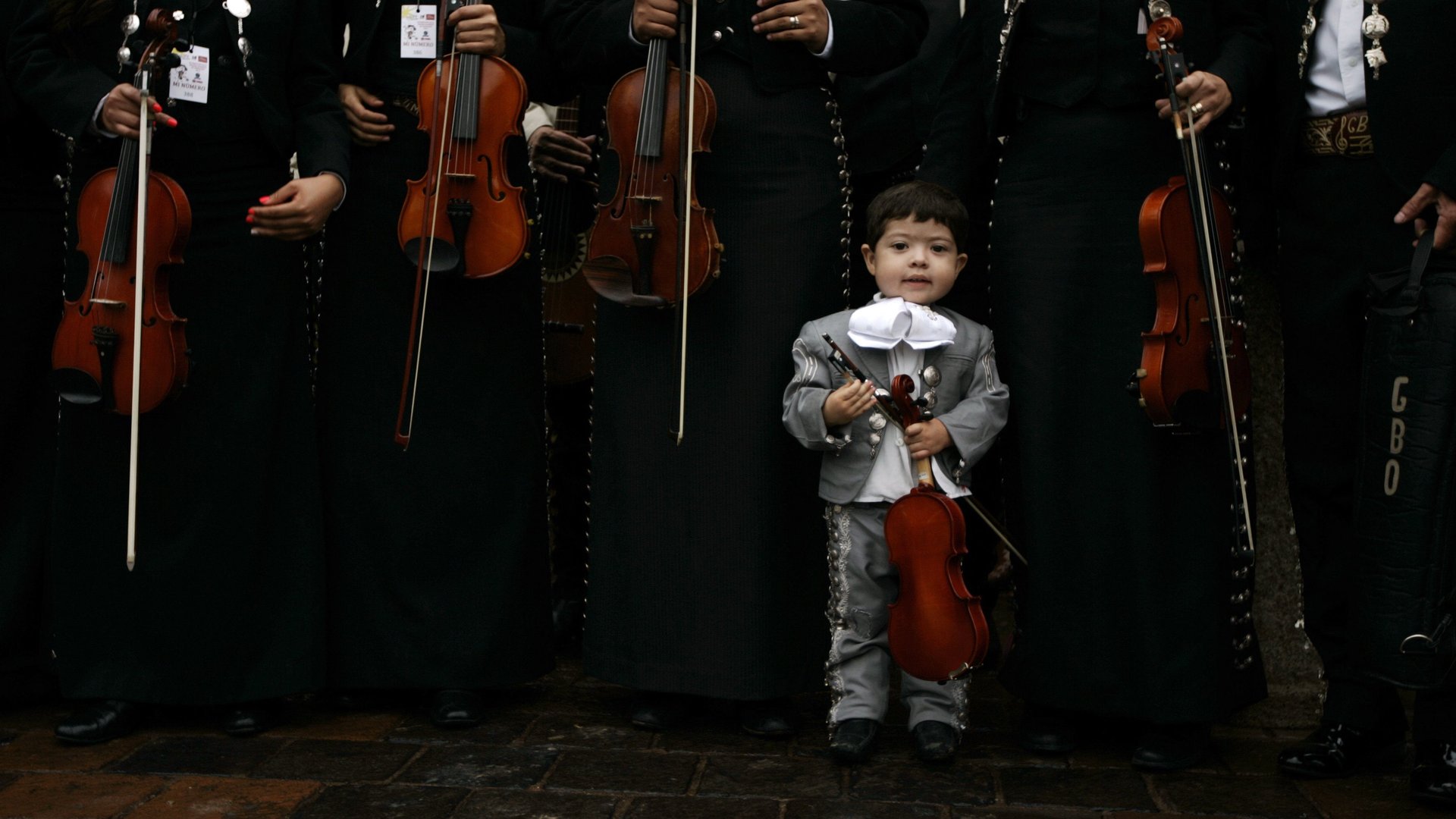Why 8-year-olds should start thinking about their careers
In the UK, Labor’s shadow education minister Tristram Hunt argued recently for the introduction of career education into primary schools, particularly for girls. But should we start talking about the world of work at primary school or is this far too early to be meaningful or appropriate?


In the UK, Labor’s shadow education minister Tristram Hunt argued recently for the introduction of career education into primary schools, particularly for girls. But should we start talking about the world of work at primary school or is this far too early to be meaningful or appropriate?
Career education in primary school is not the invention of a Labor politician. It has existed in various forms for decades in a number of countries—including England.
In 2010, the UK Department for Education (DfE) published an evaluation of career education in primary schools which found that young people who participated in career education increased their knowledge about the types of work and the pathways that could be followed to get there. It also found some evidence that pupils were more confident about their ability to achieve their aspirations.
Careers can work in primary school
School-based career education has been found to have a number of positive impacts, including supporting increased attainment and engagement with school. The DfE’s evaluation of primary careers education found that this was also true for primary age children who became more positive about school. The evaluation also identified a decrease in stereotypical thinking about careers from pupils who participated.
This recent evidence in English schools suggests that career education can work in primary schools. The purpose of such career education is not to sort young people into particular careers, as critics often fear, but rather to increase young people’s awareness of a range of life opportunities and how to access them.
This kind of exploratory learning about the world and your place within it can sit very easily within the context of primary education.
Aspirations start early
A key rationale for starting career education early is drawn from evidence that shows that young people form their aspirations and ideas about careers long before they are ready to join the labor market.
Research by American psychologists Ashton Trice and Kimberly Rush found that four-year-olds typically articulated a strong gender bias in their thinking about jobs, with boys tending to express interest in typically male occupations and girls in typically female occupations.
Research led by Vanessa Moulton at the Institute of Education found that most seven-year-olds had “realistic” rather than “fantasy” aspirations—for example, they want to be a police officer rather than a dragon. They also found that children’s aspirations had a relationship with their classroom behavior.
In the 1980s, US psychologist Linda Gottfredson theorized about the process of identity formation, arguing that young people typically go through a series of age-related stages during which they, often unconsciously, shape their occupational aspirations in relation to social expectations. She argued that much of this process has occurred before young people reach secondary school.
In a series of articles, King’s College London education researcher Louise Archer and her colleagues have explored young people’s attitudes to science and science careers. They’ve demonstrated that identity is formed early and that it typically intersects with gender, ethnicity and class in ways that do not support the government’s policy aspirations for social mobility.
The rationale for starting career education in primary school is therefore strong. If young people’s aspirations are to be broadened, this needs to happen at the point at which they are developing these aspirations.
This is not new to scholars of career education and guidance who typically pronounce that career education should start early and be in place well before young people have to make any decisions with lifetime impacts—such as GCSE (General Certificate of Secondary Education) choices at age 13.
What’s the best age to start?
There has been little systematic work looking at the age at which primary career education should start. But there are a number of studies that provide some insights. One study found that a program aimed at year four (eight and nine-year-old children) fit well into the primary curriculum and that the children who participated in it were able to remember much of significance five months later.
Much guidance on good practice has emerged in this area, codified in the Career Development Institute’s curriculum framework, which suggests starting formal career education at key stage two (age seven and up). This doesn’t mean that younger children shouldn’t have opportunities to learn about work, but at present this has generally been done informally or through occasional projects such “what do you want to do when you grow up” or “what jobs do your family do?”
There are strong reasons for starting career education early which relate to social equity. Primary career education has a long history, albeit one that is often interrupted by frequent lurches in policy. In general, educators have developed primary career education programs from the age of seven, and where they have been evaluated this has been found to be effective and to fit well into the wider primary curriculum.